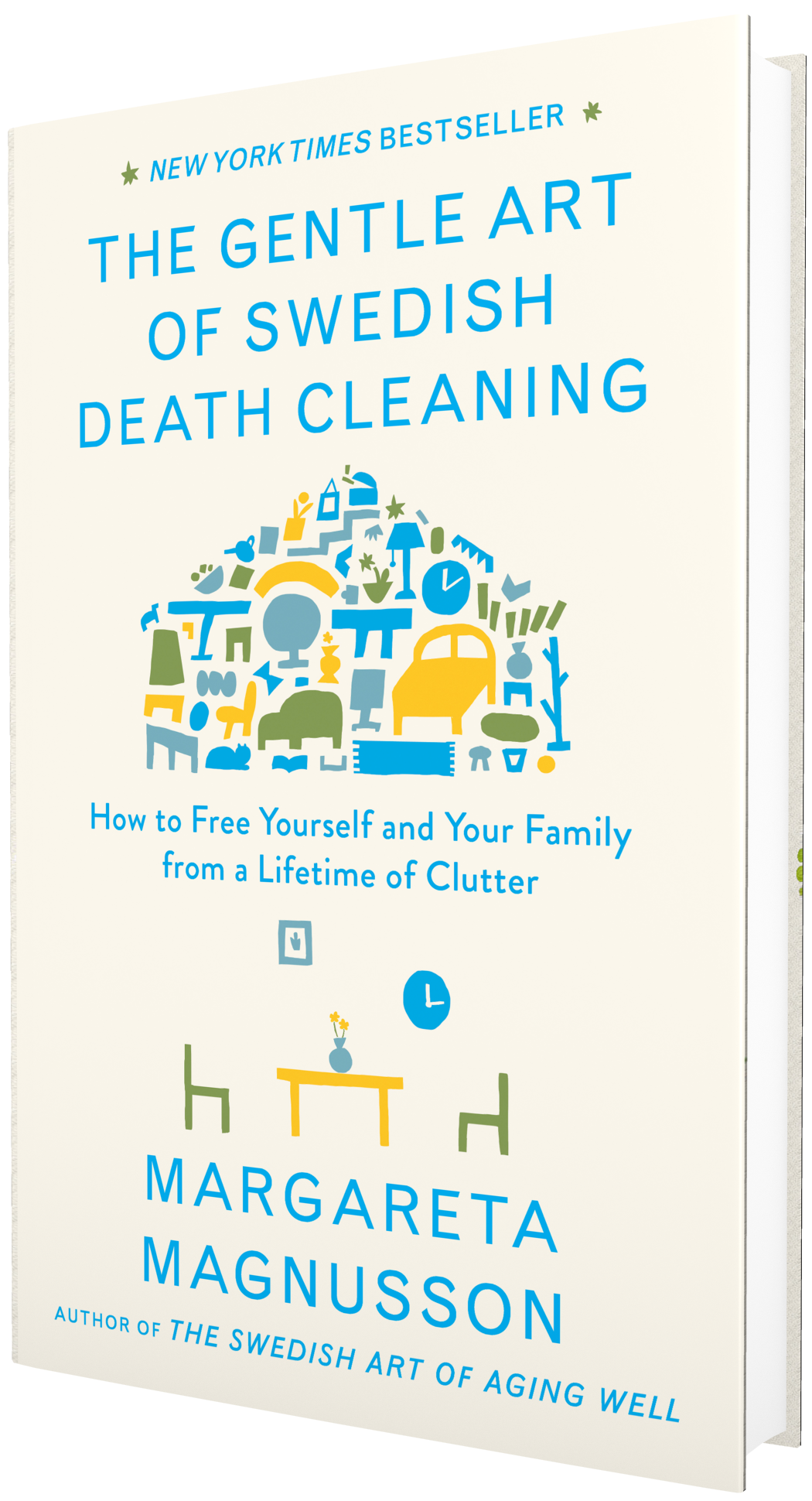Edinburgh-based Nicholas Binge is "an author of speculative thrillers, literary science-fiction, and horror." The premise is that a towering snow-covered mountain that "dwarfs the Himalayas" (Publishers Weekly) has suddenly appeared in the middle of the Pacific Ocean, defying all logical explanation. Harold Tunmore, former surgeon, former physicist and currently investigator of "mysterious phenomena" is recruited by a nameless organization to join a team of other eminent scientists to scale the mountain and provide answers.
It's 2019 and Harold has been missing for 30 years. When brother Ben hears from a friend that Harold has been seen living in a psychiatric hospital, Ben immediately goes to verify. Ben finds Harold alive and well physically but making no sense in his conversation. Harold commits suicide days later and Ben takes possession of his only personal belongings, a briefcase filled with papers. Most of them are unsent letters addressed to Ben's teenage daughter Hattie and it is through these letters that we learn of the attempt to make sense of the strange existence and effects of the mountain.
Booklist makes favorable comparisons to other eminent authors' works: "Ascension is a pastiche of august influences. The epistolary structure is borrowed from Dracula. The doomed expedition that drives Harold mad is akin to H. P. Lovecraft's At the Mountains of Madness. Even the frame of Ben publishing his brother's wild tale is reminiscent of the children's classic Bunnicula. Binge earns his place among these literary lights with an expert story of creeping dread and cosmological horror."
Publishers Weekly calls the book a "superlative science fiction thriller," and goes on to praise the author: "Binge's superlative imagining of how the mind-blowing scientific discoveries, which have global implications, would affect his characters elevates this above similar genre fiction." Even Wall Street Journal concludes favorably, "“Ascension is thoroughly recommended—a macabre, escapist pleasure for the thoughtful set."
Library Journal is also laudatory, saying "This thrilling science fiction novel from Binge ... is full of exploration and intriguing thoughts about the true nature of life on Earth...The story of that improbable and amazing ascent brings mystery and thrills as nothing is as it seems, and the implications for God and humanity are staggering...An exciting story where the undiscovered wonders of Earth prove as exciting as those out in the galaxy."
My verdict: although very readable, this novel is grim, sad, and hard to unwind at times.




